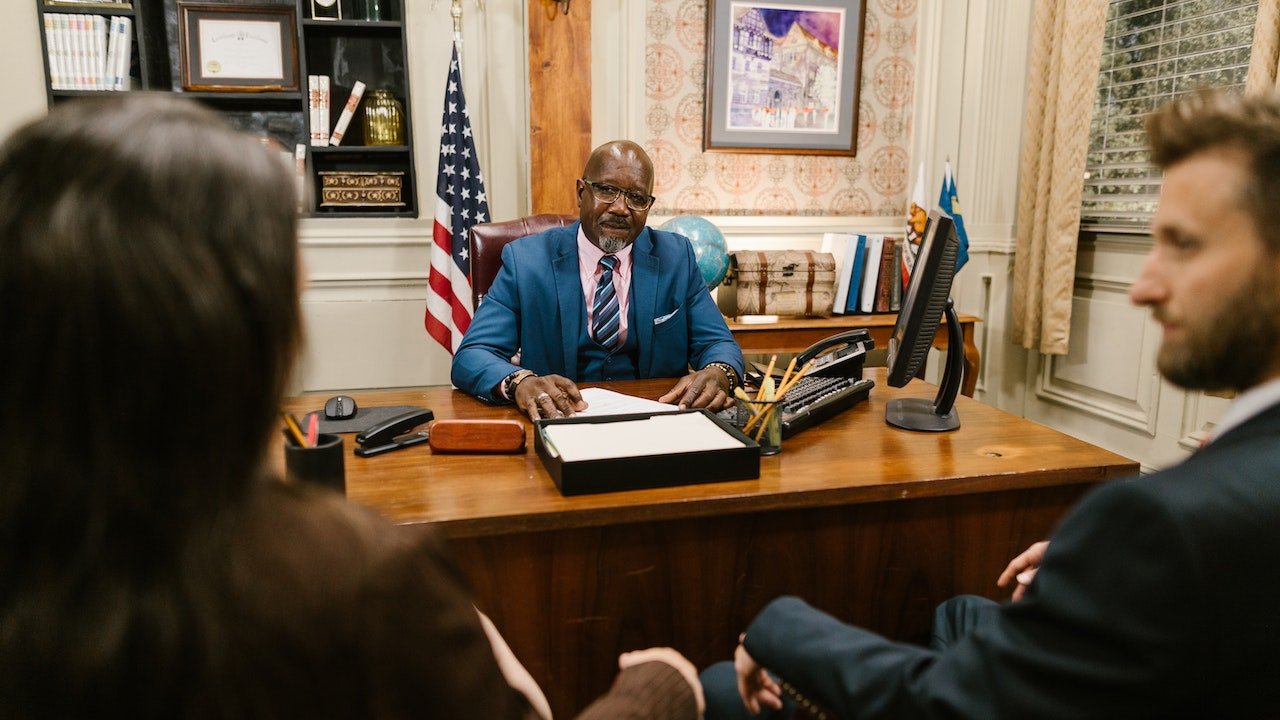Navigating Rough Waters: Overcoming Challenges in Marriage

Marriage is a journey filled with love, companionship, and shared experiences. However, like any journey, it is not without its challenges. Navigating rough waters in marriage requires resilience, patience, and a willingness to overcome obstacles together. In this article, we explore some common challenges couples face in their marital journey and strategies to overcome them.
Communication breakdown
Effective communication is the cornerstone of a healthy marriage. Yet, many couples struggle with communicating their needs, desires, and concerns effectively. This can lead to misunderstandings, resentment, and conflicts that erode the foundation of the relationship.
Lack of effective communication
In many cases, couples may find it difficult to express themselves openly due to fear of judgment or rejection. This lack of communication can create a barrier between partners, making it challenging to resolve issues and strengthen the bond.
Misunderstandings and conflicts
Without clear communication, misunderstandings can easily arise, leading to unnecessary conflicts. Learning to listen actively, empathize with each other’s perspectives, and communicate calmly can help couples navigate conflicts more effectively and find mutually satisfactory solutions.
Financial strain
Financial challenges are a common source of stress in marriages. From managing day-to-day expenses to planning for the future, differences in financial priorities and spending habits can strain the relationship.
Managing finances as a couple
Couples often come from different financial backgrounds and may have varying attitudes towards money. It is essential to establish open and honest communication about finances, set common goals, and work together to create a budget that reflects both partners’ values and priorities.
Differences in spending habits
Conflicts may arise when one partner is a spender while the other is a saver. Finding a balance between enjoying life’s pleasures and saving for the future is key to financial harmony in marriage. Couples can compromise by setting aside a portion of their income for discretionary spending while also prioritizing long-term financial goals.
Trust issues
Trust forms the foundation of any healthy relationship. However, trust can be easily shaken by betrayal, dishonesty, or infidelity, leading to feelings of insecurity and doubt.
Rebuilding trust after betrayal
Rebuilding trust takes time, patience, and consistent effort from both partners. It requires transparency, honesty, and a commitment to repairing the damage caused by the betrayal. Couples may benefit from seeking couples therapy or counseling to navigate the complexities of rebuilding trust and restoring intimacy in their relationship.
Overcoming jealousy and insecurities
Jealousy and insecurities can stem from past experiences or unresolved issues within the relationship. Open and honest communication, reassurance, and demonstrating trustworthiness can help alleviate feelings of jealousy and insecurity and strengthen the bond between partners.
Read More: Tips for Choosing a Family Lawyer to Handle Your Legal Matters (2023)
Intimacy issues
Physical and emotional intimacy are vital components of a fulfilling marriage. However, various factors, such as stress, exhaustion, and unresolved conflicts, can hinder intimacy and create distance between partners.
Loss of physical and emotional connection
Busy schedules, parenting responsibilities, and external stressors can take a toll on intimacy in marriage. It is essential for couples to prioritize quality time together, communicate their needs and desires, and actively work towards rekindling the physical and emotional connection.
Finding ways to reignite the spark
Exploring new activities, expressing appreciation and affection, and prioritizing intimacy can help reignite the spark in marriage. Couples can also benefit from seeking guidance from a therapist or sex therapist to address underlying issues and enhance intimacy in their relationship.
External influences
External influences, such as meddling family members, societal pressures, and the impact of technology, can pose significant challenges to marital harmony.
Dealing with meddling family members
Interference from family members can strain the relationship and create tension between partners. Setting boundaries, communicating openly with family members, and prioritizing the couple’s needs and priorities can help mitigate the impact of meddling relatives on the marriage.
Impact of social media and technology
Excessive use of social media, smartphones, and other digital devices can detract from quality time spent together and foster feelings of disconnection. Couples can benefit from setting boundaries around technology use, scheduling regular digital detoxes, and prioritizing face-to-face communication and quality time together.
Coping mechanisms
When faced with challenges in marriage, it is essential to have healthy coping mechanisms in place to navigate difficult times and maintain the strength of the relationship.
Seeking professional help
Couples therapy, marriage counseling, and individual therapy can provide valuable support and guidance in overcoming challenges and improving communication, trust, and intimacy in marriage. Seeking help from a qualified therapist or counselor can help couples develop effective coping strategies and build resilience in their relationship.
Practicing patience and understanding
Marriage is a journey filled with ups and downs, and it is essential to approach challenges with patience, understanding, and empathy. Taking the time to listen to each other, validate feelings, and work together towards solutions can strengthen the bond between partners and deepen the connection.
Strengthening the bond
Despite the challenges they may face, couples can take proactive steps to strengthen their bond and cultivate a thriving, resilient marriage.
Quality time together
Making time for regular date nights, shared activities, and meaningful conversations can help keep the spark alive and foster emotional intimacy in marriage. Quality time spent together allows couples to reconnect, communicate openly, and deepen their bond.
Cultivating mutual respect and admiration
Respect and admiration are essential ingredients of a healthy marriage. By acknowledging each other’s strengths, supporting each other’s goals, and expressing gratitude and appreciation, couples can nurture a strong foundation of mutual respect and admiration in their relationship.
Read More: The Art of Compromise: Building a Strong Marriage
Conclusion
Marriage is a journey of growth, love, and shared experiences. While challenges are inevitable, couples can overcome them by fostering effective communication, prioritizing trust and intimacy, and seeking support when needed. By navigating rough waters together with patience, understanding, and resilience, couples can build a strong and lasting bond that withstands the test of time.
FAQs(Navigating Rough Waters: Overcoming Challenges in Marriage)
How can couples improve communication in marriage?
Couples can improve communication by actively listening to each other, expressing themselves honestly and openly, and seeking to understand each other’s perspectives.
What role does forgiveness play in overcoming challenges in marriage?
Forgiveness is essential in healing past wounds, rebuilding trust, and moving forward in the relationship. It requires empathy, understanding, and a willingness to let go of resentment.
Is it normal to experience ups and downs in marriage?
Yes, ups and downs are a natural part of any relationship. What’s important is how couples navigate these challenges together and grow stronger as a result.
How can couples maintain intimacy in a long-term relationship?
Couples can maintain intimacy by prioritizing quality time together, expressing affection and appreciation, and being attentive to each other’s emotional and physical needs.
When should couples consider seeking professional help for their marriage?
Couples should consider seeking professional help when they feel stuck in recurring patterns of conflict, are experiencing difficulties in communicating or resolving issues, or when they feel their relationship could benefit from outside support.











